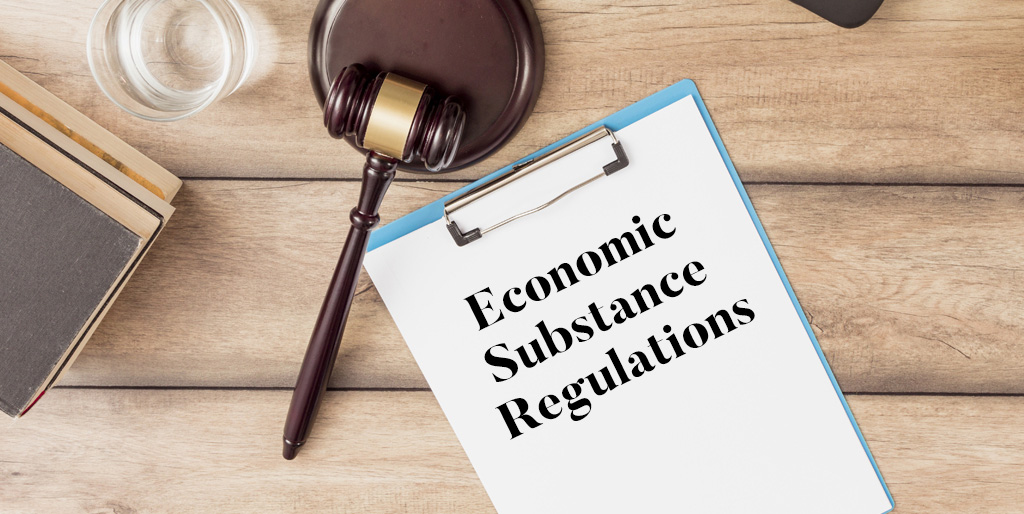
Economic Substance Regulations
As part of the UAE’s commitment as a member of the OECD Inclusive Framework, and in response to an assessment of the UAE’s tax framework by the European Union (“EU”) Code of Conduct Group on Business Taxation, the UAE introduced a Resolution on the Economic Substance (Cabinet of Ministers Resolution No.31 of 2019, the “Regulations”) on 30 April 2019. Guidance that provides further clarity on the application of the Regulations was issued on 11 September 2019. The Regulations require UAE onshore and free zone companies and other UAE business forms that carry out any of the “Relevant Activities” listed below to maintain an adequate “economic presence” in the UAE relative to the activities they undertake.
Relevant Activities:
- Banking Business
- Insurance Business
- Investment Fund management Business
- Lease – Finance Business
- Headquarters Business
- Shipping Business
- Holding Company Business
- Intellectual property Business (“IP”)
- Distribution and Service Centre Business
These new Economic Substance Regulations apply to UAE firms if they fall into one or more of the Relevant Activities above.
The Regulations apply to financial years starting on or after 1 January 2019.
Case examples would be as follows:
1: If a UAE company with 1 January 2019 – 31 December 2019 financial year: First assessable period would be 1 January 2019 – 31 December 2019.
2: A UAE company with 1 April 2019 – 31 March 2020 financial year: First assessable period would be 1 April 2019 – 31 March 2020. No requirement to comply with the Regulations for the period 1 January 2019 – 31 March 2019.
For each financial period in which a company earns income from a Relevant Activity, it will need to meet an Economic Substance Test in relation to that activity.
The Economic Substance Test requires a UAE company to demonstrate that:
- the company and Relevant Activity are being directed and managed in the UAE;
- the relevant Core Income Generating Activities (“CIGA”) are being conducted in the UAE; and
- the company has adequate employees, premises and expenditure in the UAE. In addition to an annual notification requirement, companies that undertake and earn income from a Relevant Activity are also required to file an Economic Substance Return within 12 months from the end of the relevant financial period.
Note that Offshore Companies formed in the UAE, such as in the Jebel Ali Free Zone Authority (“JAFZA”) or the Ras Al Khaimah International Corporate Centre (“RAKICC”) are also subject to the new UAE Economic Substance Regulations provided the Offshore Company undertakes a Relevant Activity, as listed above.
It should also be noted that companies that are directly or indirectly at least 51% owned by the Federal or an Emirate Government, or a UAE Government body or authority, are exempt from the Economic Substance Regulations.
A company that undertakes a Relevant Activity will need to submit a notification with its Regulatory Authority. Notifications for the financial period 2019 can be filed on or after 1 January 2020.
Only companies that earn income from a Relevant Activity during the relevant financial period and that are not exempt from the Regulations are required to demonstrate economic substance in the UAE and file an economic substance return. Economic substance returns must be filed within 12 months from the end of the relevant financial period.
Penalties include a financial fine up to AED 300,000 and the company’s trade license could be suspended, withdrawn, or not renewed.
Disclaimer on Use
The information presented is intended for general information only and is not meant to be a substitute for professional advice or to be used for decision-making.
Professional advice relies on an assessment and understanding of the specific situation for each person and, therefore, the application of changing laws and regulations in the UAE, will vary widely from case to case.
The information contained herein is based on facts available from sources we believe to be credible at the time of publication and is subject to change.
